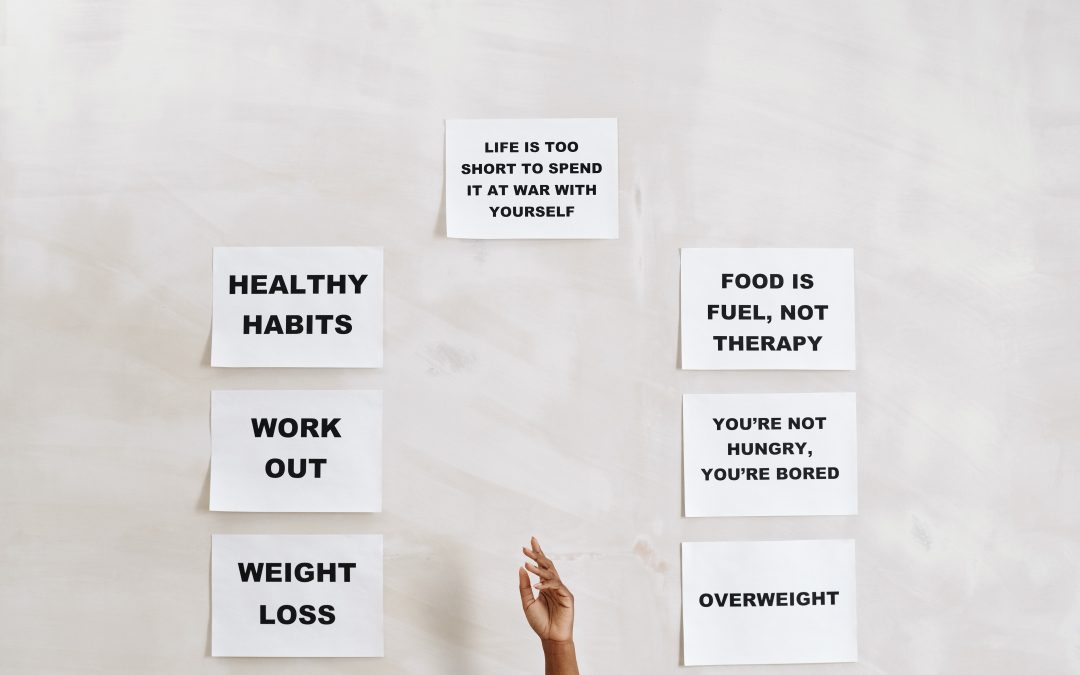
What Makes a Person a Success?
When people think of success, they typically think of those who have a lot of money, power, and fame. Although a person can have all of these things and still be unsuccessful, a person who is not wealthy, powerful, or famous can still be considered successful. What Makes a Person a Success?
For example, a person may have a successful business and a solid career. He may have a great job and be very well-respected by his co-workers. However, this person still may not have enough money to find a place in the top 10% earners. However, this does not mean that this person is not successful.
A person can achieve success in his life in many ways, even if he does not take the most prestigious jobs or reach a very high income. What Makes a Person a Success?
So, what makes a person a success? Consider these traits:
1. Truly successful people know the importance of forgiveness. To a successful person, forgiveness is not something they “should” do, but something that is “natural” for them. If someone offends them, they know that forgiveness will help them move forward.
> Rather than hold on to a grudge or allow the offense to affect their day-to-day happiness negatively, they choose to forgive the offender and move forward with their lives. What Makes a Person a Success?
> This trait makes them successful because their ability to forgive others relieves them of many of their negative emotions and allows them to focus on moving closer to the goals that they want to achieve.
2. They know when to stay or leave an endeavor. A truly successful person knows when to keep doing the things that they’re already doing and when it’s time to try something new. What Makes a Person a Success?
> When they’re working on something that they are currently passionate about, successful people stick with their projects and don’t get frustrated or burned out because they feel stymied or bored. When they realize that they no longer enjoy what they’re doing, they move on to something new.
> They rely on their intuition and gut instincts to determine what they should continue doing and which projects they should abandon.
> And usually, they’re right because they have a mountain of experience under their belts, so they can easily recognize when work is no longer worthwhile for them. What Makes a Person a Success?
3. Successful people don’t fear failure – they welcome it. A truly successful person knows that failure is not harmful. They understand that the only failure is giving up. They know that when they fail, it means that they’re not doing something right and that the failure helps them to learn and grow.
> Loss helps them figure out what they need to do to improve and then continue making progress.
> Many people buy into the concept of overnight success. But we all know that this is impossible. Success comes over a long period, requiring a lot of hard work and patience.
4. They build good habits that help them to succeed. It’s essential to live a balanced life, including eating nutritious food, exercising, and getting plenty of sleep. Successful people have healthy habits that help them maintain their overall health and vitality.
> They recognize that all of the work they put in now will set them up for tremendous success down the road. But that doesn’t mean you need to kill yourself in the quest to succeed. What Makes a Person a Success?
While money and power can be helpful, they are not essential to success. Success is not contingent upon becoming famous or making a lot of money.
Instead, the key to success is having beneficial habits and adopting positive behaviors. If you can do this, you will be fine regardless of whether you’re rich or poor. What Makes a Person a Success?
Get Our 3 Week 3 eBook Series
> Learn to Make Space for a Positive Mindset
> Discover How to Live an Awaken Life
> Develop Positive Relationships
What Makes a Person a Success?
What’s your level of emotional intelligence?
Find out if your emotional intelligence is helping or hindering your growth! .
What Makes a Person a Success?

I am a Board Certified Life Coach, a Board Certified Health Coach, and a teacher of Mindfulness Living who helps people unlock their potential and live life on Purpose
affirmation: I attract success.




